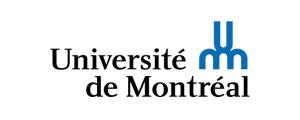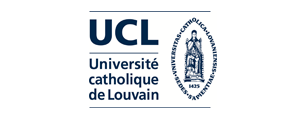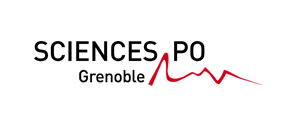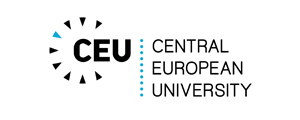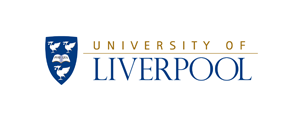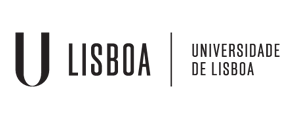Community
Based at Université of Montréal, the Transatlantic Network on the Politicization of Europe (RESTEP) aims at creating a space for research and discussion on the European Union as a critical political object. Made possible with the financial support of the EU Erasmus+ Program (2017-2020 Jean Monnet Network), it brings together a group of twenty professors from nine universities, in both Canada and Europe: Université de Montréal, McGill University, Université Catholique de Louvain, Sciences Po Grenoble, Sciences Po Bordeaux, University of Warwick, Central European University, University of Liverpool and Universidade de Lisboa.
The main mission of RESTEP is to foster the co-production of knowledge between scholars, practitioners and civil society through collaborative activities on research, teaching and networking. It aims at:
- Developing a transatlantic research cluster;
- Training a new generation of leaders on these issues;
- Providing opportunities for dialogue and long-term collaboration between researchers and decision-makers to analyze the effects of politicization on institutions, political actors and citizens.
Ultimately, RESTEP seeks to contribute to the public debate on the EU’s legitimacy.
Research
RESTEP will focus on three work packages:
- THE POLITICIZATION OF NON-MAJORITARIAN INSTITUTIONS
The European Commission, the European Court of Justice and the European Central Bank are non-majoritarian institutions: they rely on technocratic and legal expertise to serve public interest. However, researchers tend to observe increasing politicization of these institutions. What are the consequences of this evolution? - REPRESENTATIVE INSTITUTIONS
By contrast, the Council of the EU and the European Parliament are openly political. However, the extension of qualified majority voting (QMV) to new issue areas in the Council has encouraged the formation of coalitions between Member States. In Parliament, political groups are more and more disciplined. At the same time, the influence of interest groups and media keeps growing. Do these changes increase the level of political conflict within these institutions? - PERSPECTIVE ON EUROPEAN POLITICS AND CITIZENS
Referendums seem to have become the main obstacle to further European integration, and the EU is now a polarizing issue in most domestic electoral arenas. Still, there is a lack of research on citizens’ representation and knowledge about the EU as a political object. Hence, is the politicization of European issues likely to structure individual attitudes towards integration?
Upcoming activities
- SCIENTIFIC DIFFUSION: Research conferences. RESTEP Launching Conference will take place at Université de Montréal, December 11-12, 2017; Methodology workshops, open in priority to graduate and PhD students.
- PUBLIC DISCUSSION: Open debates and forums gathering scholars, MPs and MEPs, political actors and interest groups.
- TRAINING: Virtual seminars, open to students, providing theoretical insights on EU politicization and support for empirical research.
Join RESTEP
RESTEP invites MA students and PhD candidates registered at one of RESTEP universities to:
- Attend the virtual seminar on EU politicization (8 days per year);
- Take part in events and activities at partner universities;
- Apply for a visiting fellowship at one of the nine universities.

